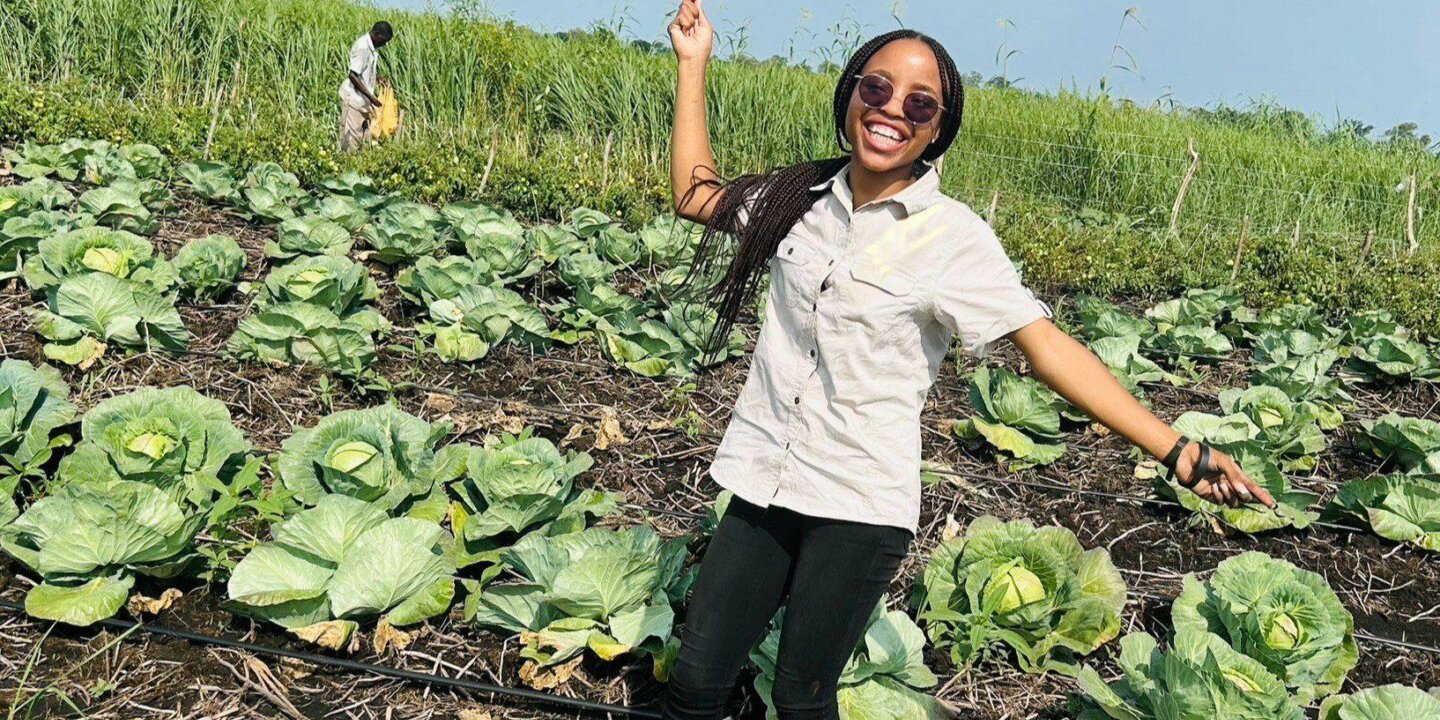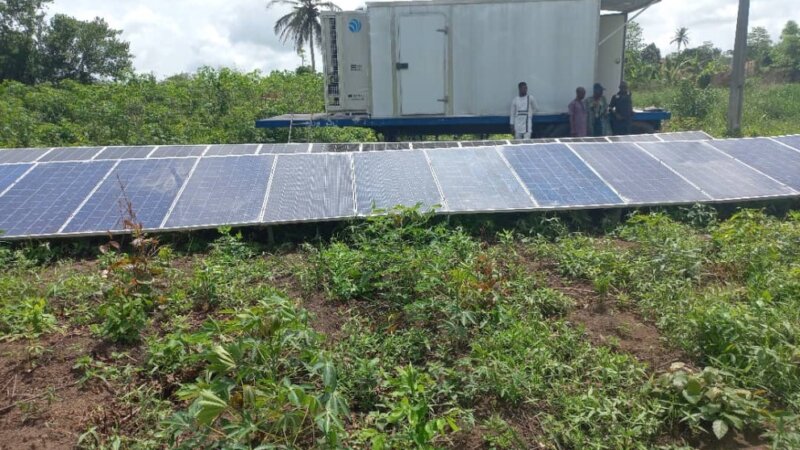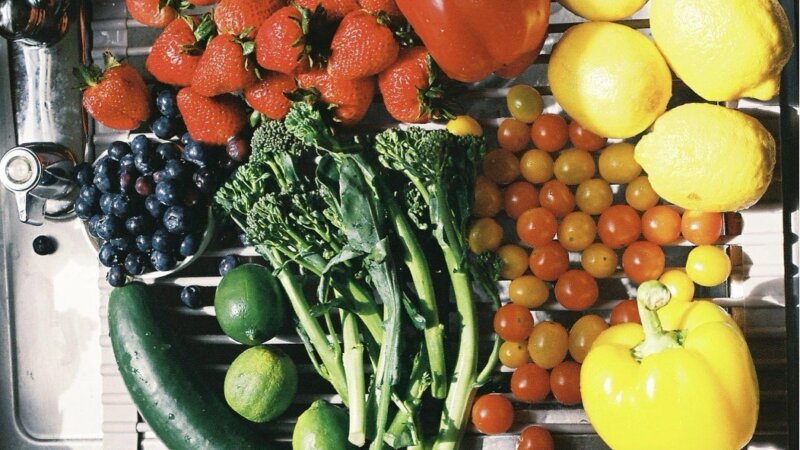Small Shifts, Big Ripples: Food Systems Transformation from the Ground Up

Me (Dortea Nakandjibi) in a cabbage field, Zambezi Region, Namibia | Taken during research in 2024, this photo reflects the often-overlooked role of smallholder farmers. For me, it’s a reminder that food systems transformation begins at the grassroots—with small-scale producers, local knowledge, and community effort. Real change starts from the ground up, in fields like this one across rural Africa.
Dortea Nakandjibi, a Namibian Agricultural Economist with a strong passion for food systems transformation, is founder and director of Youth Agripreneurs Development Initiative. She is currently a market research assistant at the Livestock and Livestock Products Board of Namibia. Participant of the 2025 food systems e-course, Dortea reflects in this blog how the food systems e-course reshaped her understanding of agriculture, governance, and equity – and why small, local shifts can create ripples of lasting change.
If someone had told me a few years ago that food systems are as much about people and policies as they are about farming, I might have raised an eyebrow. But today, after the food systems e-course, I see it clearly: food systems are alive, dynamic, messy, full of challenges, and full of hope.
As an agricultural economist from Namibia, I have worked closely with food value chains and rural markets. Before this e-course, my view of food systems was largely shaped by economics and trade. I used to focus mostly on numbers: yields, prices, costs. But the Food Systems e-course expanded my perspective. Suddenly, I found myself thinking about how governance, biodiversity, climate change, and social equity are deeply interconnected with food production and access. Every decision in a food system – who owns land, who controls markets, who defines "quality" – shapes livelihoods, diets, and ecosystems. The way food moves from farm to fork is not just a chain – it’s a living web. And every thread matters.
One insight that stayed with me is how powerful small shifts can be. In the course, we explored leverage points – small changes in a system that can lead to big effects. It made me reflect on my own work with local food markets. Could better governance or basic access to finance for smallholder farmers spark ripple effects that transform entire communities? It’s exciting and, honestly, a little overwhelming too – but mostly, it fills me with hope.
One real-life example we studied was how land tenure rights affect food security. In Namibia, where many farmers operate under communal land systems, unclear rights stops farmers from investing on their land. It’s a governance issue at its core, and a clear example of how food system transformation requires more than just better seeds. It requires fair systems. Through practical tools such as systems mapping and real-world case studies, I realized that even small interventions – like strengthening local governance structures or improving farmers’ access to market information – could trigger positive ripple effects across the system.
Looking ahead, I plan to apply these insights directly to my PhD research and future work. I am committed to designing interventions that strengthen local markets, build resilience in rural communities, and bridge the gaps between informal and formal systems, ensuring that transformation is not only top-down but also bottom-up and community-led.
I want to be part of the change. I may not be able to fix the entire system, but if I can shift even one part – improve market access, avail better data, or help shape fairer policies – I know I will be contributing to a more resilient, equitable future. After all, it’s often the smallest shifts that set off the ripples which reshape the whole system.
Author

Dortea Nakandjibi
e-course participant




